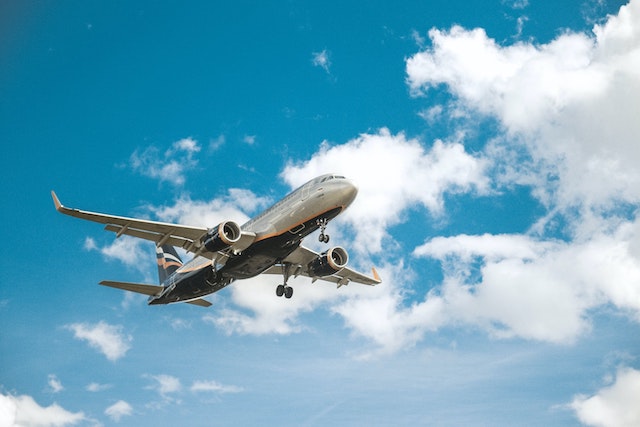Knowing the Right French Emergency Number

 France is fortunate enough to have one of the best medical care systems in the world and a general lack of endemic diseases (you know, those reasons you need certain vaccines to even travel some places). In fact, the CDC only recommends routine vaccines to enter France which include measles-mumps-rubella (MMR) vaccine, diphtheria-tetanus-pertussis vaccine, varicella (chickenpox) vaccine, polio vaccine, and a yearly flu shot. For some travelers, hepatitis A, heptitis B, and rabies vaccines are recommended depending on what kind of activities you will be participating in during your travels.
France is fortunate enough to have one of the best medical care systems in the world and a general lack of endemic diseases (you know, those reasons you need certain vaccines to even travel some places). In fact, the CDC only recommends routine vaccines to enter France which include measles-mumps-rubella (MMR) vaccine, diphtheria-tetanus-pertussis vaccine, varicella (chickenpox) vaccine, polio vaccine, and a yearly flu shot. For some travelers, hepatitis A, heptitis B, and rabies vaccines are recommended depending on what kind of activities you will be participating in during your travels.
If you get ill in France, it’s pretty easy to get taken care of. But for anyone based in North America whose emergency number since they were a kid has been 9-1-1, get ready to learn some new numbers.
French Emergency Numbers
1-1-2: Your basic emergency number, calls a central hub and works from your cell phone (because who has a house phone or pay phone nearby when there is an actual emergency?)
1-8: The pompiers, the firemen. These guys are often faster to respond and have basic medical training. They are spread pretty evenly in the larger cities like Paris. This might be a better first call if you’re in a city.
1-7: The Police. Call them to report muggings, theft, and other crimes. You may be directed to the nearest police office from the place the crime happened in order to make an official report. You cannot report it to the one you live closest to, unless the crime happened near it.
And for all of your middle of the night health care concerns, there are the SOS Médecins (emergency doctors). They are exactly the people to call if you are too ill to leave your house or it is the middle of the night. This service has offices in most of the major cities in France, so you should look up the number for where you’ll be visiting.
These will get you taken care of, but in terms of paying for it — well, that’s a matter to argue about with your insurance carrier. As inconvenient as it may seem, if you’ll be abroad for a while or in a country with less than stellar medical care, you may want to make sure you understand your health care coverage before leaving home. It really is not something you want to have to worry about if or when you fall ill, and knowing this information will make you much more confident in your ability to deal with anything while traveling. Happy and healthy travels, all!








